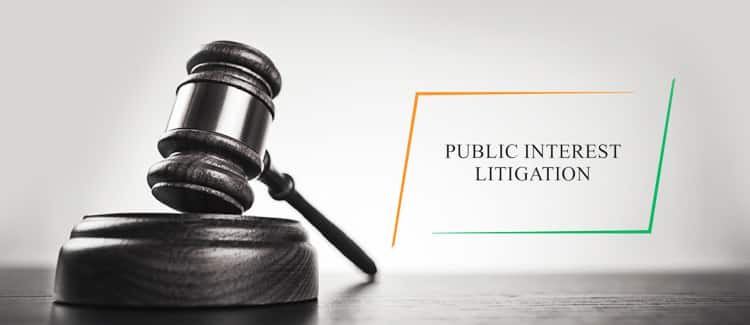This article was first published in the print edition of Manushi Journal. (Issue-81, Mar-Apr 1994)
With the introduction of the concept of Public Interest Litigation (PIL) in the late 1970s direct access for citizens was provided to the High Courts as well as the Supreme Court. Progressive judges such as Justice P.N.Bhagwati began to actively encourage social and political activists to bring instances of injustice to exploited groups and vulnerable individuals directly to the notice of the Supreme Court. The Supreme Court had even ruled that letters to it could be treated as petitions. Poor prisoners, inmates of Nariniketans, marginalised tribals, bonded labourers and similar groups whose voices had never reached the citadels of power began to get a hearing in the highest court in the land through social workers and political activists who brought their cases from remote regions to the country’s apex court. For a brief period it appeared that one didn’t need to hire expensive lawyers or follow long cumbersome procedures to get the voice of the poor heard in the Supreme Court. A few sympathetic judges even made allowances for the activists who tried to plead the cases directly without the mediation of lawyers. However, what was most encouraging was that there was no difficulty in getting some of the best lawyers to take on these cases gratis or for only a nominal fee…






